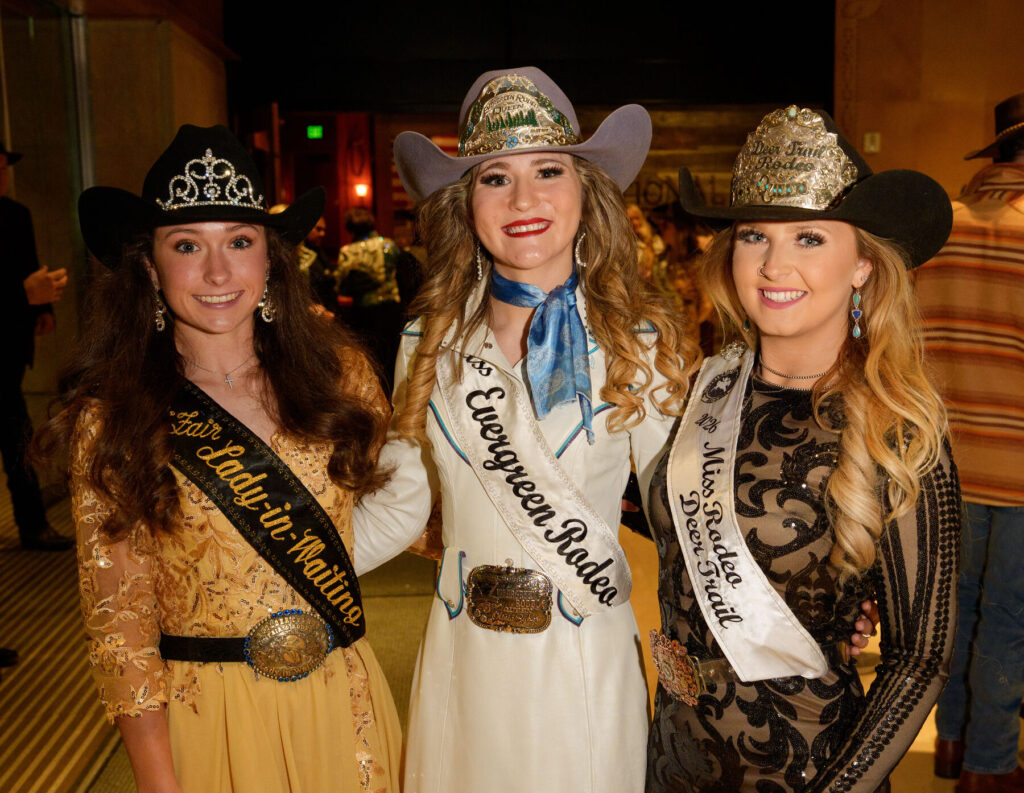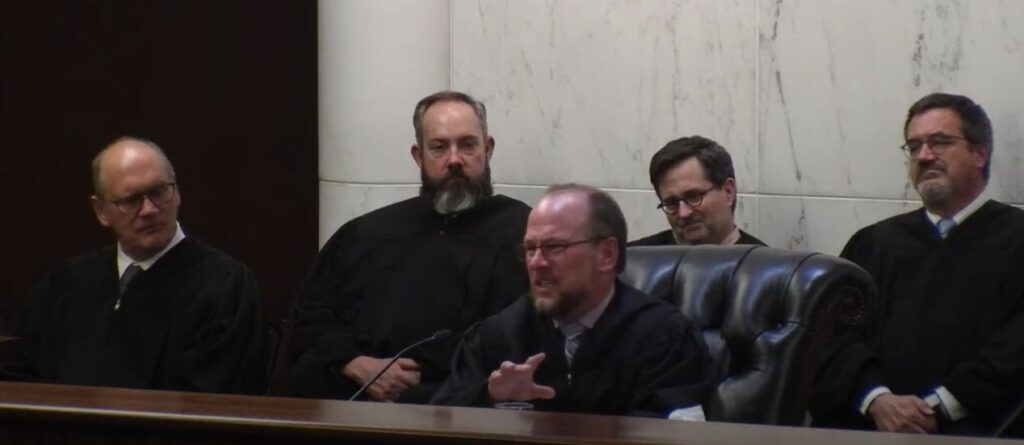Colorado House gives final approval to bills on occupancy limits, foster youth ‘bill of rights’

The Colorado House on Friday gave final approval to two major proposals dealing with housing and youth in the foster care system with a few defections among Democrats.
House Bill 1007 would block local governments from imposing residential occupancy limits except for public health and safety reasons.
The House had debated HB 1007 on Feb. 2 but waited a full week for its final vote, a signal that the measure might encounter some opposition among Democrats.
As it turns out, it did — from leadership. Rep. Shannon Bird of Westminster, who chairs the Joint Budget Committee, and House Majority Leader Monica Duran of Wheat Ridge, who both joined the Republican members in voting against it.
The final vote was 40-20.
Neither lawmaker spoke about the bill Friday.
About a dozen communities impose limits on how many unrelated people can live together, including in Denver, Boulder and Grand Junction. Concerns over the measure largely centered on local control and telling local governments what to do, when most municipalities operate under home rule charters that allow them to be largely self-governing.
Supporters point to the bill as one more tool in dealing with the state’s affordable housing crisis.
HB 1007 now moves on to the state Senate.
House Bill 1017 also won final approval on a 43-19 vote, with one Democrat, Rep. Bob Marshall of Highlands Ranch, voting with Republicans against the measure.
The bill establishes statutory rights for youth in the foster care system. The 15 rights listed in the bill include the following:
-
freedom from discrimination or harassment; freedom of thought, cultural and ethnic practice, and religion
-
freedom to express gender identity; freedom from threats, punishment, retaliation for asking questions, stating concerns, or making complaints about violations of their rights
-
the right to receive appropriate placement and care including being placed in a safe environment that is free of abuse, having their preferences regarding placement considered, and having providers who are aware of their history
-
the right to confidentiality and privacy
-
access to education, basic essentials, and health care
Similar bills have been passed in at least 15 states, although only a handful include in their laws language around culture or gender identity.
A first-ever resolution on foster youth bill of rights, with 10 listed rights, has been languishing in the U.S. House since last June. The measure, which received bipartisan support, forbids discrimination based on gender but does not include either gender identity or cultural or ethnic protections. The measure is a resolution, expressing the wishes of Congress, rather than a bill with the force of law.
Republicans raised objections to the bill’s language on gender identity and religion, saying that, with a state backlog of more than 1,200 youth awaiting foster home placement, the bill would force people who might house foster youth out of the system and aggravate that shortage.
During second reading debate on Jan. 29, Rep. Richard Holtorf, R-Akron, noted HB 1017 was billed as a follow-up to a 2022 measure, a foster parent’s bill of rights, which received bipartisan support. That 2022 legislation, Holtorf noted, did not include references to gender identity, gender expression or sexual orientation.
Marshall, in explaining his “no” vote on Friday, said that if the bill only banned discrimination based on gender identity, he’d hit the “yes” button. But his concerns are more about process and over explanations from advocates that the bill does not create any new rights, he said. Marshall said the Office of the Child’s Representative said otherwise.
Marshall’s biggest concern is that the bill appears to be a “massive expansion” of juvenile court authority. He said the bill ought to go back to the House Judiciary Committee, but he also worries that Republicans are missing the bigger picture, rather than focusing narrowly on issues such as gender identity and religion.
HB 1017 now moves on to the Senate.













